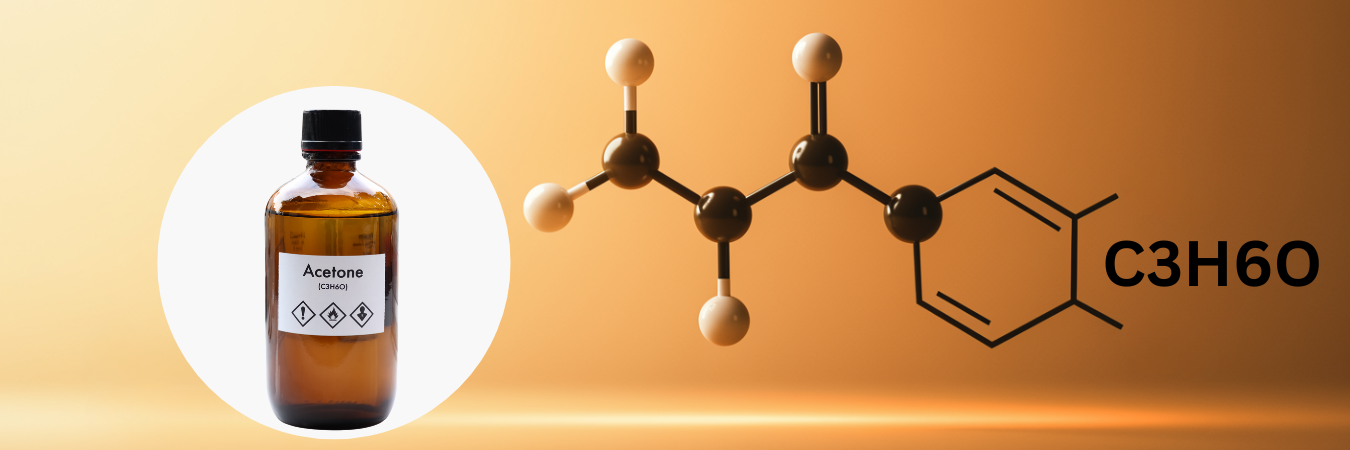

Introduction
Acetone (C₃H₆O) is a vital industrial solvent used in pharmaceuticals, cosmetics, paints, adhesives, and plastics. Due to its flammable nature and widespread use, the Bureau of Indian Standards (BIS) has mandated ISI certification for Acetone under IS 170:2023.
This means all manufacturers (Indian and foreign) must obtain BIS certification before selling Acetone in India. Non-compliance can lead to customs seizures, penalties, or legal action under the BIS Act, 2016.
In this guide, we’ll cover:
1. What is BIS & IS
Bureau of Indian Standards (BIS)
BIS is India’s national standards body responsible for product quality certification. It ensures that industrial and consumer goods meet safety, reliability, and performance standards.
Indian Standard IS 170:2023 for Acetone
This standard defines:
Purity requirements (minimum 99.5% acetone)
Permissible limits of impurities (methanol, acids, water content)
Packaging & labelling guidelines
Testing methods (as per BIS-approved labs)
Mandatory since March 2024, compliance is enforced under the Chemicals and Fertilizers Quality Control Order (QCO).
2. Who Needs BIS Certification for Acetone?
Indian Manufacturers - Must obtain ISI Mark Certification
Foreign Manufacturers - Must register under the Foreign Manufacturers Certification Scheme (FMCS)
Non-compliance risks:
Customs rejection at Indian ports
Fines or legal penalties under BIS Act
Market bans or product recalls
3. Step-by-Step BIS Certification Process
For Indian Manufacturers (ISI Scheme)
For Foreign Manufacturers (FMCS Scheme)
2. Lab Testing in India - Samples must meet IS 170:2023
Timelines can vary based on product complexity, test results, and the completeness of documentation. Working with an experienced BIS consultant like KMA Global can help speed up the approval process.
6. Common Challenges & Solutions
Challenge: Delays in lab testing & audits
Solution: Work with a BIS consultant for faster scheduling (example- KMA GLOBAL)
Challenge: Misinterpretation of IS 170:2023 standards
Solution: Pre-compliance checks before submission
Challenge: Finding a reliable AIR (for foreign manufacturers)
Solution: Partner with an experienced compliance agency (KMA Provides the best)
7. Why Choose KMA GLOBAL for BIS Certification?
We simplify the process with:
End-to-end BIS application support
AIR appointment for foreign manufacturers
Lab testing coordination
Audit preparation & compliance guidance
Fast-track approvals
8. Conclusion
BIS certification for Acetone (IS 170:2023) is mandatory for both Indian and foreign manufacturers. With strict enforcement, non-compliance can disrupt business operations.
Need hassle-free BIS certification?
Contact KMA GLOBAL today!
mail- info@kmagc.com, phone- 0120-4104971